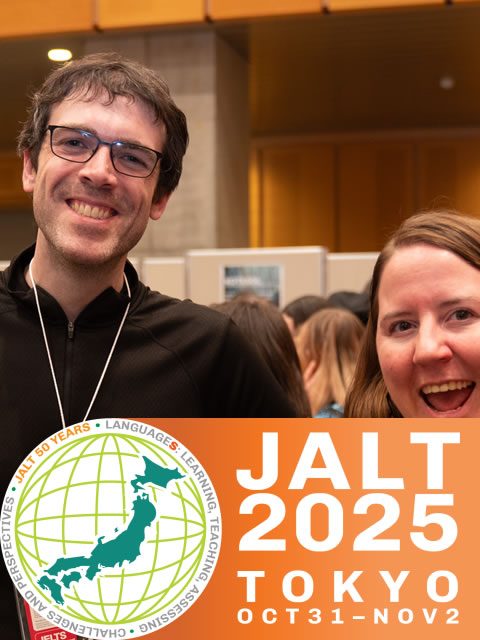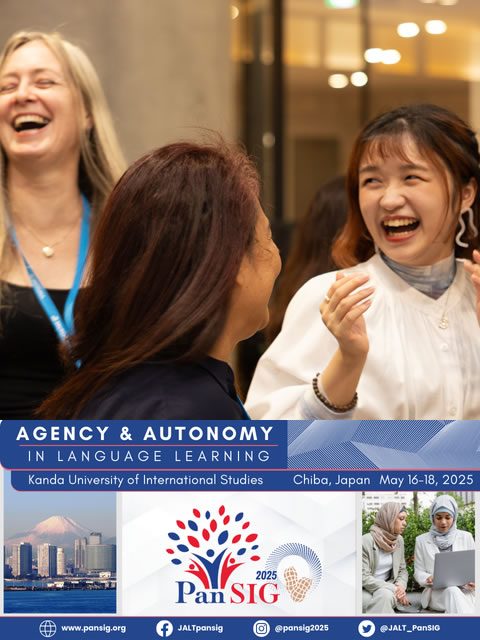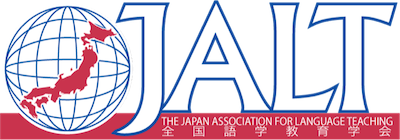Your cart is currently empty!
Plenary Sessions
•
Conference Plenary Sessions
Plenary I: English and globalisation: Today and tomorrow(Saturday, 9:40 – 11:00 am)
David Graddol
Plenary 2: Myth and reality in foreign language education for young learners(Saturday, 11:10 – 11:55 am)
Yuko Goto Butler
Plenary 3: Variation in world Englishes: Implications for the ELT classroom(Sunday, 11:10 – 11:55 am)
Andrew Kirkpatrick
English and globalisation: Today and tomorrow
David Graddol
Sponsor: British Council
Three kinds of global change are now reshaping demand for the English language: demographic, economic, and technological. Each has played a role in the increasing ubiquity of English in the world. But this is not just a story of the rise and rise of the English language. Like that of globalisation itself, the latest story of English is a complex one involving paradox uncertainty. Drawing on recent research carried out for the British Council, I will examine developments affecting English in Asia, and suggest that the growing popularity of teaching English to young learners is much more than another fashion in English language teaching. It fits with wider trends in globalisation which are transforming national and individual identities and the distribution of wealth. One of the paradoxes seems to be that, as English gets closer to being the global language, the need for English teachers grows less.
David Graddol is managing director of The English Company (UK) Ltd, is managing editor for linguistics for Equinox books and journals, and is joint editor of English Today. He is well known as a writer, broadcaster, lecturer, and consultant on issues related to global English and educational trends. His publications include The Future of English? (1997), and English Next (2006). He worked for 25 years in the Faculty of Education and Language Studies at the Open University in the UK, and has worked as a consultant on various ELT projects in China, India, and Latin America since the early 1990s. Graddol’s comprehensive analysis of demographic and economic trends in the 21st Century which affect Global English and language policies worldwide and will influence its future is available as a free download from the British Council website.
Myth and reality in foreign language education for young learners
Yuko Goto Butler
Sponsor: JALT
Many countries and regions have introduced foreign language education at the elementary school level. The language being taught is primarily English, as English has increasingly become an international language. However, policy decisions regarding the teaching of a foreign language at elementary schools (FLES) have often been made based on assumptions that are not necessarily grounded in theory or supported by empirical evidence. Teachers and students in these countries often face significant challenges as a result of the policies themselves as well as the rapid pace of change in English teaching policies in general. Is it better to learn a foreign language as early as possible? Should oral-based communicative activities be the focus of instruction in FLES? Should English be taught through the medium of English only? Isn’t assessment bad for young learners? Does FLES instruction have a negative influence on young learners’ first language development? In this plenary, drawing examples primarily from selected East Asian countries, I will examine the assumptions underlying recent policy decisions, as well as the challenges that teachers face in implementing these new policies.
Yuko Goto Butler is Associate Professor of Language and Literacy in Education at the Graduate School of Education at the University of Pennsylvania. Her research focuses primarily on improving second/foreign language education for young learners in the USA as well as in Asia, in response to the diverse needs of an increasingly global world. She has been interested in identifying effective ESL/EFL teaching and learning methods and strategies that take into account the relevant linguistic and cultural contexts in which instruction takes place. She is also interested in how we can effectively assess children’s second/foreign language proficiency and how best to evaluate the effectiveness of various programs and policies for language education. Her most recent project examines various issues that have arisen in conjunction with the introduction of English language instruction at the elementary school level in selected Asian countries.
Variation in world Englishes: Implications for the ELT classroom
Andrew Kirkpatrick
Sponsor: Cambridge University Press; JALT
In this plenary, I will consider the implications for ELT of two key developments in the roles of English worldwide. First, there are now many different varieties of English. Asia is well represented, with varieties of English established in Brunei, Malaysia, the Philippines, and Singapore. Second, the majority of English speakers in today’s world are multilingual speakers who have learned English as a second language: They use English as a common language – a lingua franca. I will consider and compare selected linguistic differences between several varieties of English, including both “traditional” and more recent varieties, will then describe linguistic features and communicative strategies of speakers using English as a lingua franca, drawing mainly on examples from speakers from South and Southeast Asia, and, finally, will consider the possible implications of these issues and findings for the teaching of English in the region.
Andy Kirkpatrick is Professor and Head of the English Department at the Hong Kong Institute of Education, where he is also Director of the Research Centre into Language Education in Multilingual Societies. Immediately prior to that, he was Professor of Language Education at Curtin University in Perth, Australia, where he worked for 11 years. He has also taught in the fields of applied linguistics and language teacher education in Burma, China, Singapore, and the UK. He is author of World Englishes: Implications for International Communication and ELT (CUP 2007), is currently working on a book on English in ASEAN, and is editor of Routledge’s Handbook of World Englishes, planned for publication in 2010. He has also published widely on aspects of Chinese discourse and rhetoric.

JALT2025 International Conference
2025年10月31日(金)〜2025年11月02日(日) 東京都渋谷 国立オリンピック記念青少年総合センター Friday, October 31 – Sunday, November 02, 2025 • National Olympics Youth Memorial Center, Tokyo, Japan

PanSIG Conference
PanSIG 2025 will be held May 16-18 in Chiba. PanSIG is an annual conference organized by JALT’s Special Interest Groups (SIGs).
